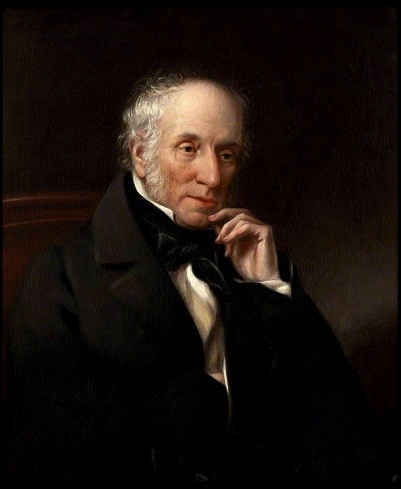Of the process of poetry - II
| Date :04-May-2021 |

William Wordsworth
By Vijay Phanshikar :
“Poetry is the spontaneous overflow of
powerful emotions.”
- William Wordsworth
Prose
THIS appears to be rather too simplistic a definition offered by none other than a poet of the eminence of William Wordsworth. Each of these eight words is true. Yet, the process of poetry is not as simple as it may make some to gather an impression from this definition. Read any Wordsworth poem -- or for that matter by any one in any language anywhere in the world -- and you would know that creating poetry has several layers to it, and is very complex far beyond words to capture it successfully.
The very complexity of the poetic process has attracted many a thinker and writer and poet to try an explanation of its nooks and corners. And all the attempts appear meaningful -- demonstrating the countless facets of that process of poetry, whether written down or expressed only verbally. And the world also knows that poetry expresses itself through a painter’s brush or a sculptor’s chisel and hammer -- or through the camera lens in modern parlance ...! The tool or mode notwithstanding, poetry, thus, is the expression of human emotion -- trained in a technique or otherwise -- when it cannot keep itself caparisoned by anything.
This is what William Wordsworth means when he utters these eight words. But wait, please. Here is something else, too, that Wordsworth has said elsewhere about poetry in a somewhat contradictory term -- “Poetry has its origin in emotions remembered in tranquility.” And this statement, too, is as true as the earlier one -- referring to spontaneity of overflow of emotion as an attribute of poetry. Actually, there is no need to feel confused here. For, when human emotions overpower one’s sense of restraint, when they dominate the inner mental domain, when they cannot be kept confined to the narrow self, they seek an outflow.
And that is poetry. But on many occasions, human emotions lie dormant for long and gush up strongly at a quiet moment later and express themselves in an artistic manner. In the tranquility of another moment, some past moment can raise its head and remind the person of its presence. Basking in that serene recollection and reflection, emotions pour out in poetic forms -- through words, through paint-brush, through chisel and what have you ...! In a sort of exhumation of human experience from dark depths of mind. It is exactly for this reason that wise people believe that poetry can stem from any person, at any moment, triggered by any human experience. In the same wake, therefore, the wise people believe that there is a poet hidden in every person. Unfortunately, this little poet within often lives a forgotten existence.